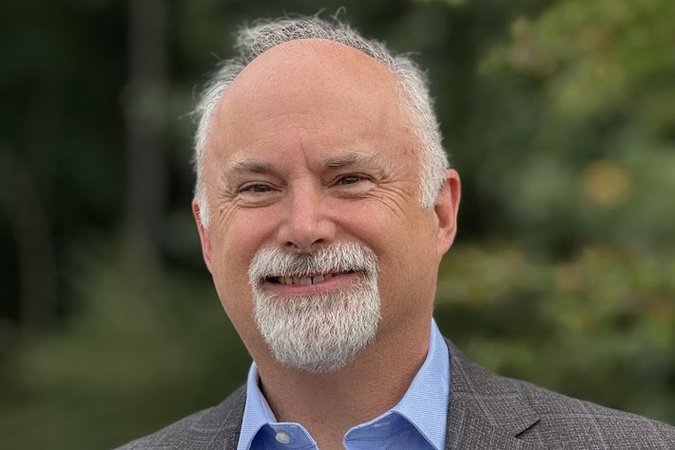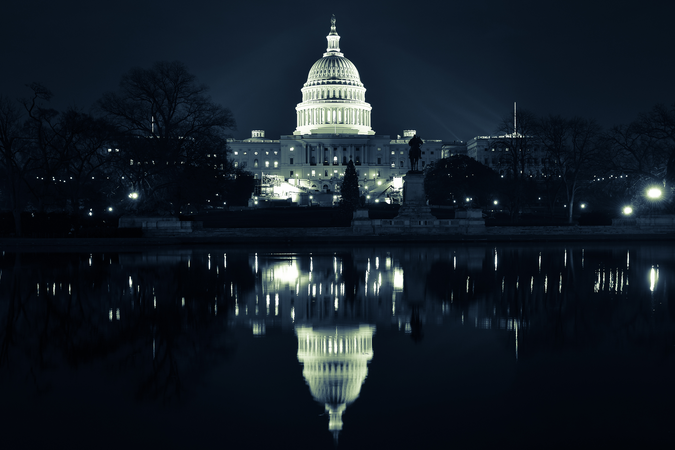Climate Change and the Supreme Court
Examining US court cases that will play a large role in determining the future of US climate policy and environmental regulation
Event Details
In 2022, the US court system will play a large role in determining the future of US climate policy and environmental regulation. By using two legal doctrines—the nondelegation and major questions doctrines, which can determine the authoritative scope granted to federal agencies—the Supreme Court could substantially limit regulations issued to cut carbon pollution. The nondelegation doctrine would limit the ability of Congress to delegate its legislative powers to another branch of government. Earlier this year, the Supreme Court’s decision in National Federation of Independent Business (NFIB) v. Department of Labor, Occupational Safety and Health Administration (OSHA) elevated the major questions doctrine—the argument that federal agencies should have strict limits on their ability to enforce regulations of major importance. In the ongoing case of West Virginia v. Environmental Protection Agency (EPA), application of either or both doctrines would undermine EPA’s authority to promulgate regulation similar to the Obama administration’s Clean Power Plan. Should the Supreme Court side with West Virginia, EPA’s ability to regulate greenhouse gas emissions would be truncated.
Growing judicial interest in the social cost of carbon (SCC)—a number that’s critical for assessing the benefits of implementing environmental regulations—could also have implications for climate policy. Last month, the US District Court for the Western District of Louisiana blocked EPA’s use of an interim value for the SCC. This district court decision was overturned by the 5th Circuit Court of Appeals on March 16, but it has hindered the Biden administration’s plans to issue a new—potentially higher—value, which is expected to be unveiled in the coming months.
Resources for the Future (RFF) hosted an RFF Live event on March 22, 2022, featuring a conversation between legal experts Lisa Heinzerling and Jonathan Wiener, moderated by Susan Tierney, that explored the implications of these cases for environmental policy.
Speakers
- Lisa Heinzerling, Georgetown University Law Center
- Jonathan Wiener, Resources for the Future, Duke University School of Law
- Susan Tierney, Resources for the Future, Analysis Group (Moderator)









